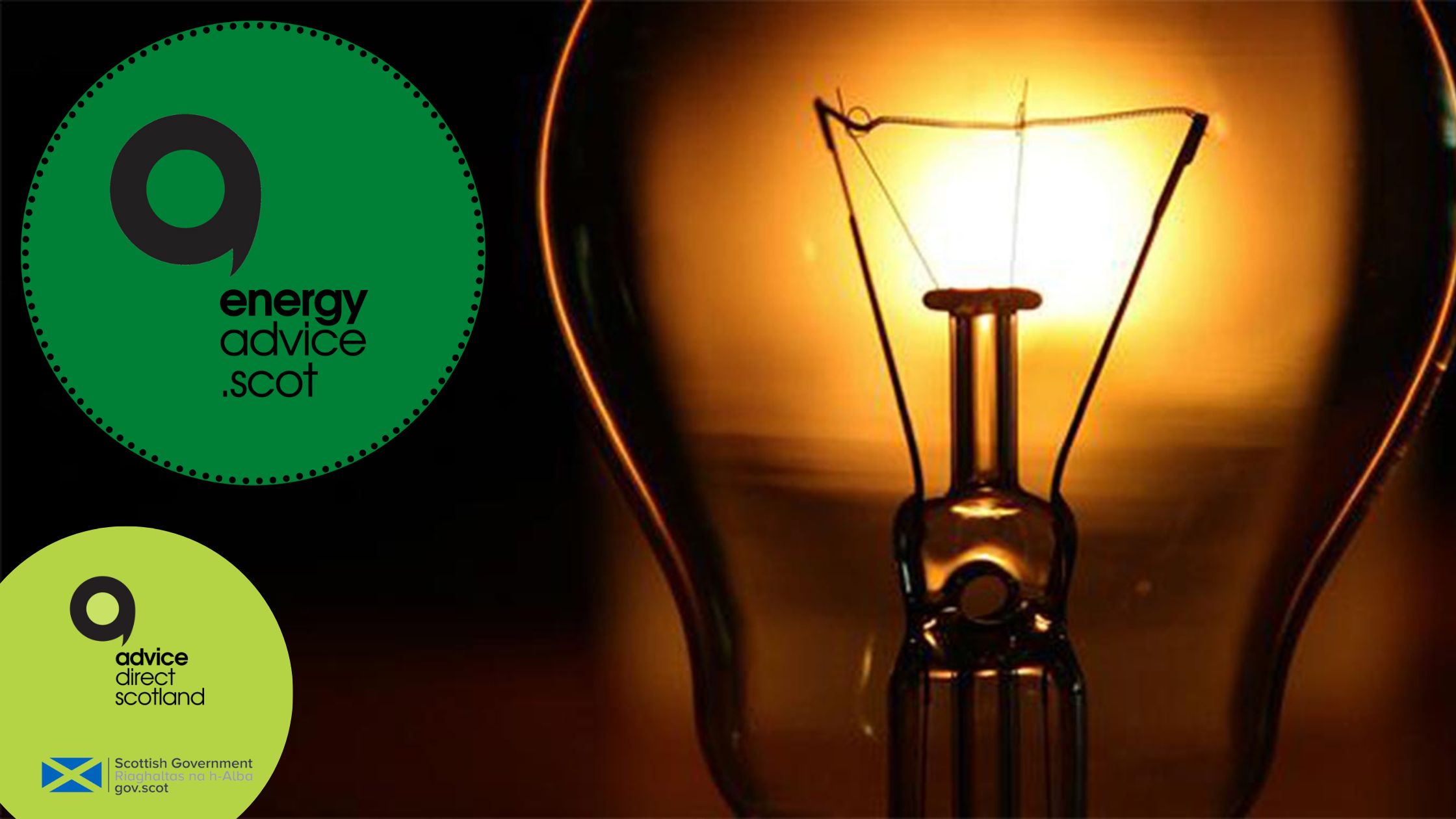With Ofgem recently announcing that the price cap will increase by 5 per cent from January, energy costs are just as much on people’s minds as they were this time last year – with many understandably worried about their finances.
There are funds available to support those who need it most, whether they find themselves in debt or rationing their energy to pay for other necessities such as food and other bills. If you’re struggling to pay your bills, it’s important to speak to your energy supplier as soon as possible, and they should do everything they can to support you. This could be access to hardship funds or grants, or setting up suitable payment plans to manage any debt. There are also ways you can make the most of your energy so the money you are paying goes as far as possible.
Many of us are already doing what we can to reduce costs, including turning off lights when we’re not using them and only boiling the kettle for as much water as we’re going to use. But there are lots of other easy adjustments you can make that won’t cost a penny:
- Keep the heat in – Something as small as keeping internal doors closed keeps the warm current created by our radiators and heaters where it’s supposed to be and reduces the amount of cold air entering the room.
- Microwave cooking – While not ideal for a three-course Sunday lunch, using a microwave rather than an oven for certain foods can use less energy as they only heat the food itself rather than the air around it.
- Avoid unnecessary energy usage – Only heating our homes when we need to can help us save more money in the long run. Depending on how effective your insulation is, small amounts of energy escape our homes constantly, so if the heating is on all day, energy is being lost all day.
- Bleeding radiators – Doing this regularly can help improve their energy efficiency. Air can become trapped inside and leave cold spots in radiators which makes them less efficient overall. If radiators are taking longer than usual to heat up or if you can feel cold patches at the top, it’s a sure sign they need bleeding.
- Appliance settings – Appliances such as washing machines and dishwashers usually have ‘eco mode’ which make them operate at lower speeds and temperatures. Filling them to the max when we use them as well as using ‘eco mode’ might not be the best way to wash dirty football kit, but for the everyday loads it uses less energy than a quick wash.
Advice Direct Scotland administers the Scottish Government’s Home Heating Support Fund and offers financial support to people across Scotland who are struggling with their bills or who are self-rationing to get by. The fund is open until March 2024, or until funds have been exhausted.
Free and impartial advice on any topic is available to everyone in Scotland, at no cost, regardless of personal circumstance. You can find application forms for the Home Heating Support Fund at homeheatingadvice.scot, or if you need support with the application, you can call the team on 0808 196 8660 (Monday to Friday, 9am – 5pm).


